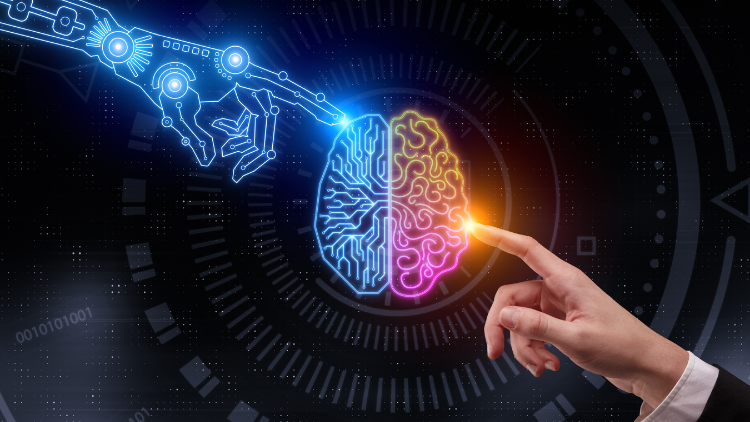AI
The future of work with Artificial Intelligence

Amidst all the buzz about Chat GPT, I decided to interview it – if you can call it an interview – about liberalism. I asked about the liberal political model, freedom as a right, democracy, and liberalism. The answers were undoubtedly very satisfying; I highly recommend this exercise.
We are beginning to see how we interact with artificial intelligences like Siri, Alexa, and some others in our daily lives, displacing certain jobs, or rather, transforming them into tasks delegated to digital entities that seem to become the dreaded robots, combining intelligence and artificial bodies from science fiction.
I say dreaded because there are already narratives telling us how robots will completely replace human work. It seems somewhat uncertain, but these stories lead us to ask something even more important: Can artificial intelligence today do everything a person does, or is it rather a tool that addresses very specific needs?
Do we really understand what artificial intelligence is?
It appears that we don't always know how to distinguish or define what artificial intelligence is. Currently, we could divide it into two categories:
Narrow AI, which has the ability to answer questions, conduct searches, and engage in conversations. We commonly know it in the form of ChatGPT. General AI is capable of understanding contexts, handling computers, databases, and much more.
Will they take away our jobs?
If the past is a good indicator of the future, we can analyze how many jobs were lost and how many were created, for example, with the automation of car painting processes when manual tasks were replaced by automated processes, or how computers changed accounting procedures. While these types of changes tend to be disruptive and break the status quo, they also create new jobs that we still do not know about today.
We must learn to use these technologies to improve and facilitate our work, as we have done with email or the cloud. Undoubtedly, messaging and courier companies initially saw their revenues decline, but later, they benefited from e-commerce. In the future, we could also see a preference for non-digital things, as has happened with the revaluation of artisanal products.
Ultimately, the future and the present offer us new tools. Instead of panicking, we must learn to take advantage of them.
Perhaps you don't remember, but back in the distant year of 1999, we were very afraid of the year 2000 change, as we believed that many digital systems were not prepared for that year shift. However, the year 2000 came and went without a single problem... and the same will likely happen with artificial intelligence in 2023 and the years to come.
